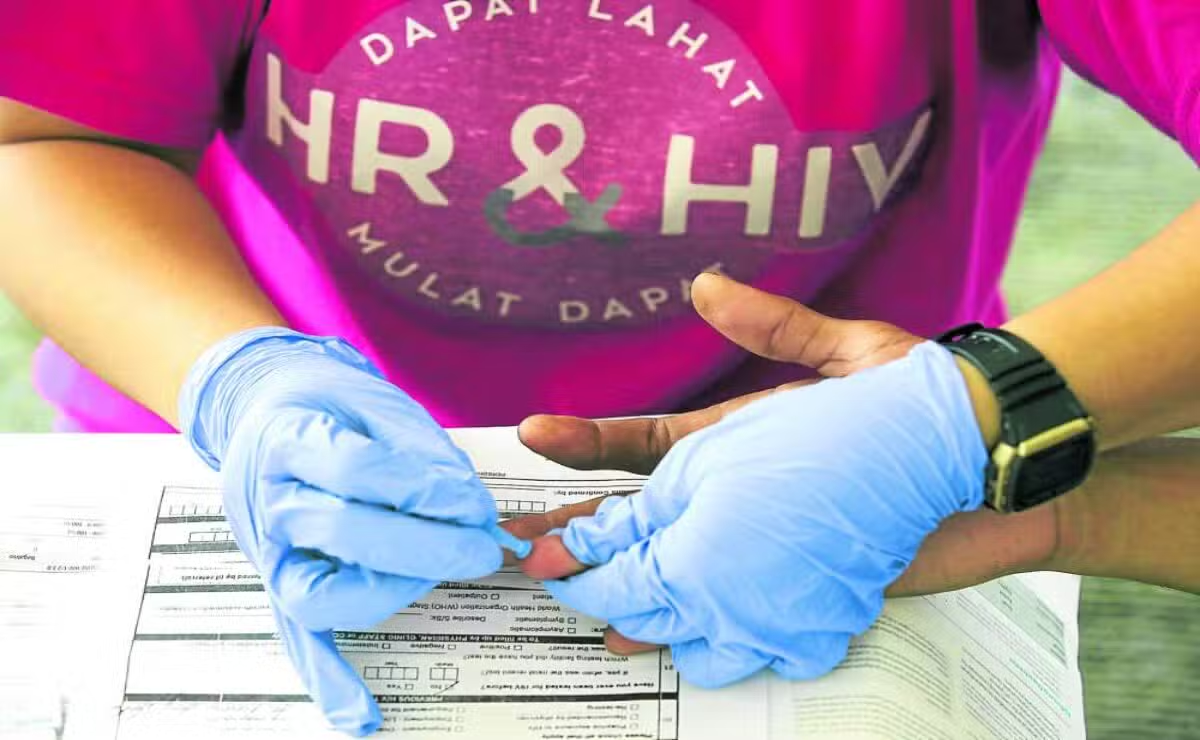Another tragic plane crash has occurred, this time involving Air India Flight AI171. The flight, which was headed from Ahmedabad to London, resulted in the loss of 241 lives out of the 242 people on board. As the investigation into the crash continues, key details have emerged that shed light on the incident.
Flight Details
The ill-fated aircraft was a Boeing 787-8 Dreamliner carrying 230 passengers and 12 crew members. Shortly after takeoff, the pilot issued a Mayday call, indicating a severe emergency. The plane reached an altitude of 825 feet before crashing near the airport perimeter, causing devastation in a residential area.
Despite clear weather conditions, the crash occurred in broad daylight. The pilots, Captain Sumit Sabharwal and First Officer Clive Kander, were experienced with thousands of flight hours logged.
Air Crash Investigation
Investigators are exploring potential causes such as technical failure, pilot error, and the impact of the heavy fuel load on the post-crash fire. India's DGCA and Boeing will lead the investigation, with support from the NTSB and FAA from the US.
The inquiry is expected to delve into pilot training, aircraft maintenance, and air traffic control procedures to determine the root cause of the tragedy.
Unanswered Questions
Aviation experts have raised concerns about overlooked factors like pilot licensing, safety system functionality, and the possibility of pilot involvement in the fake license scandal. These questions remain critical in understanding the incident.
History of Disasters
India has a troubling history of aviation disasters, with multiple fatal crashes over the years. Despite this, global aviation authorities have largely remained silent on the issue, raising questions about double standards in responding to such tragedies.
Call for Accountability
The Air India crash highlights the need for a thorough investigation into pilot training, licensing authenticity, regulatory transparency, and global aviation safety standards. It is crucial to address systemic failures to prevent future tragedies and ensure accountability.
As we mourn the lives lost in this devastating incident, we must demand answers and push for reforms to uphold the integrity of the aviation industry.
Source: The Express Tribune














